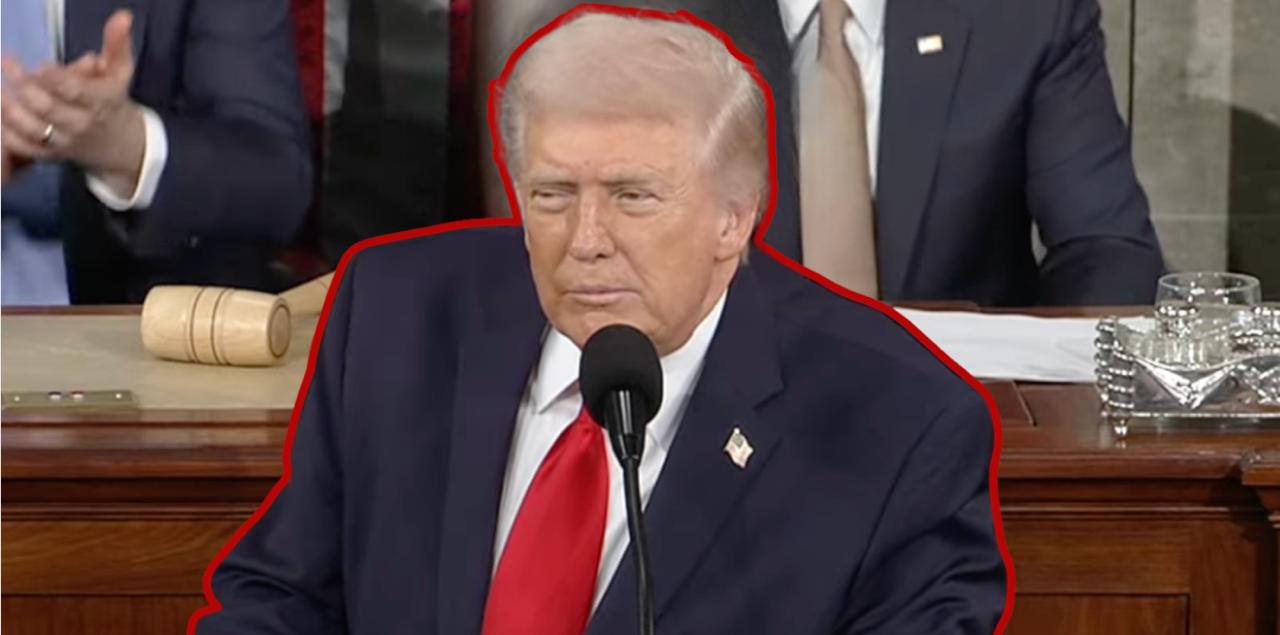Just hours earlier, negotiations concluded and a "government of national unity" was formed consisting of the ANC, its longtime rivals the Democratic Alliance, and the conservative Inkatha Freedom Party. While the EFF and uMkhonto weSizwe refused to enter into talks with the two frontrunners, other smaller parties are expected to sign on in the coming weeks.
Under the rules set forth in the South African Constitution, Ramaphosa must assume office within five days by "swearing or affirming faithfulness to the Republic and obedience to the Constitution." He will then be inaugurated during a ceremony in Pretoria.
Once that has been completed, the president will form a cabinet and select ministers to head up the numerous government departments, and convene a joint sitting of the National Assembly and the National Council of Provinces, where he will deliver the Opening of Parliament Address.
Also elected on Friday were the National Assembly Speaker and Deputy Speaker. The ANC's Thoko Didiza was chosen for the former position, while the DA's Annelie Lotriet became the first person from her party to hold the latter role.
"In this election, the voters chose not to give any party its own majority," DA leader John Steenhuisen said following the vote to re-elect Ramaphosa. "In doing so, they have told us that they want us to work together to build a prosperous, non-racial, united South Africa with a growing economy that works with everybody."
He went on to say that he and the DA "look forward to working with [Ramaphosa]" to "put our country first, to take hands, and work collectively in the interest of the people we serve and the country we love."





